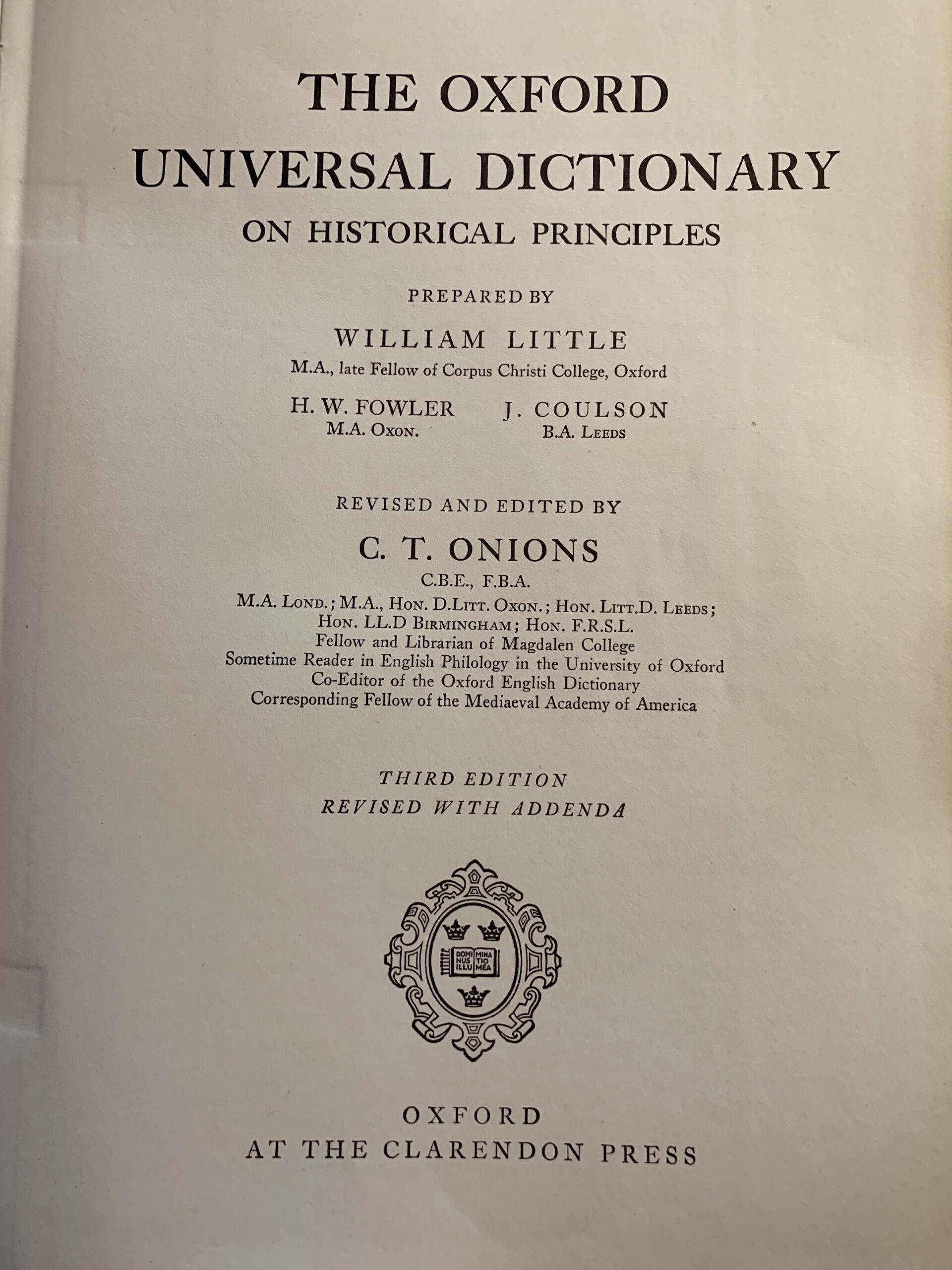-ish

1. In OE. and the cognate langs., chiefly forming gentile adjs. from national names; e.g. British (OE. Brittisc), English (OE. Englisc, Sc. †Inglis), Scottish, Scotch (OE. Scyttisc; Sc. †Scottis, later Scots), etc. 2. Added to other subs., with the sense ‘Of or belonging to a person or a thing, of the nature or character of’. These were not numerous in OE., but in later times the ending is common, chiefly in a derogatory sense, ‘Having the (objectionable) qualities of’; as in apish, currish, womanish, etc. Also from the names of things, with the sense ‘Of the nature of, tending to’, as bookish, freakish, etc. 3. Add to adjs. with the sense ‘Of the nature of, approaching the quality of, somewhat’; e.g. bluish (a 1400), blackish (a 1500), etc. Now, in colloq. use, possible with nearly all monosyllabic adjs., and some others, e.g. brightish, loudish, narrowish, etc. 4. Add to the names of hours of the day or numbers of years to denote: Round about, somewhere near.
Hence advs. in -ishly and subs. in -ishness.